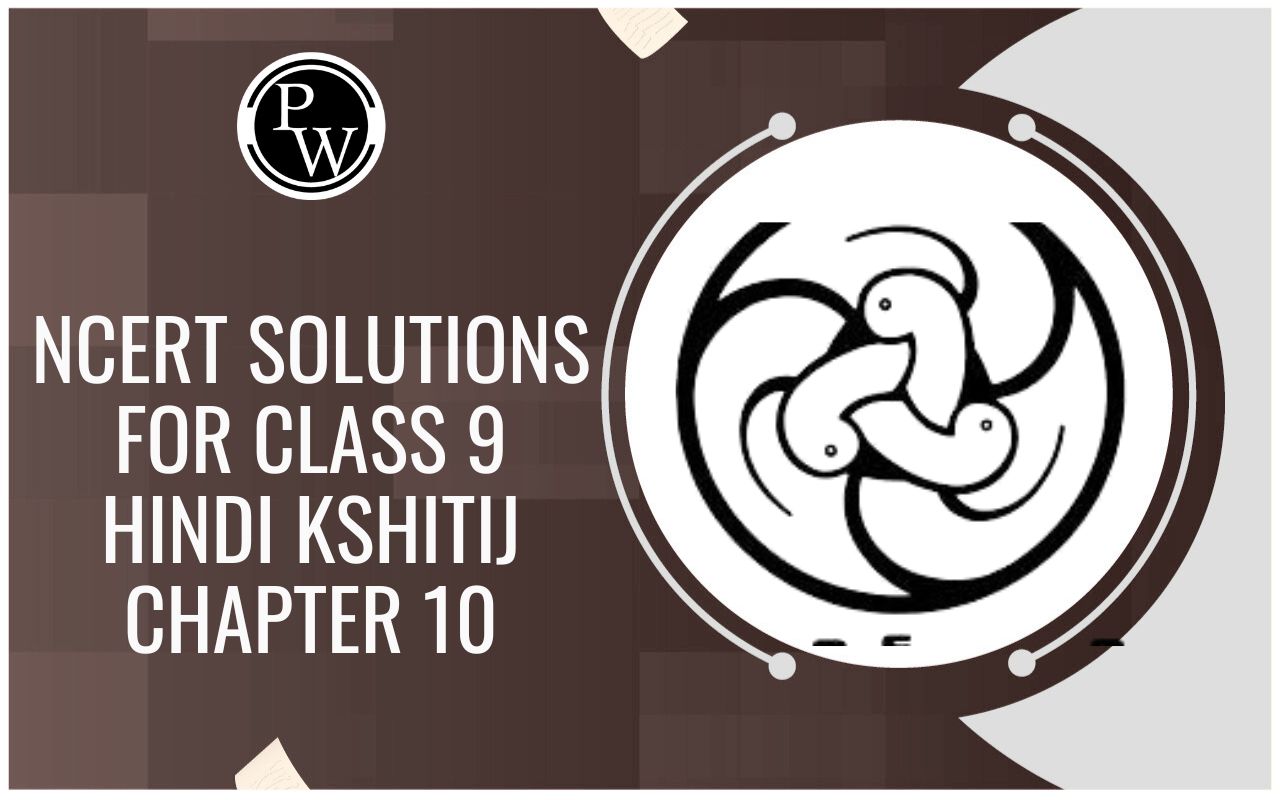
Economic Outcomes Of Democracy
Outcomes Of Democracy of Class 10
Economic Outcomes Of Democracy
|
Name of the Countries |
% share of nationalincome |
|
|
Top20% |
Bottom 20% |
|
|
South Africa |
64,8 |
2.9 |
|
Brazil |
63.0 |
2.6 |
|
Russia |
53.7 |
4.4 |
|
USA |
50.0 |
4.0 |
|
United Kingdom |
45.0 |
6.0 |
|
Denmark |
34.5 |
9.6 |
|
Hungary |
34.4 |
10.0 |
Rates of economic growth for different countries (1950-2000)
|
Type of regimes and countries |
Growth Rate |
|
All democratic regimes |
3.95 |
|
All dictatorial regimes |
4.42 |
|
Poor countries under dictatorship |
4.34 |
|
Poor countries under democracy |
4.28 |
INEQUALITY OF INCOME IN SELECTED COUNTRIES:
Above mentioned tables clearly show that Democratic Countries fare a little bit better in terms of economic growth. But the top 20% population get the pie of benefits of economic growth in almost all countries.
REDUCTION OF INEQUALITY AND POVERTY:
Democracies are based on political equality. All individuals have equal weight in electing representatives. Parallel to the process of bringing individuals into the political arena on an equal footing, we find growing economic inequalities. A small number of ultra-rich enjoy a highly disproportionate share of wealth and incomes. Not only that, their share in the total income of the country has been increasing. Those at the bottom of the society have very little to depend upon. Their incomes have been declining. Sometimes they find it difficult to meet their basic needs of life, such as food, clothing, house, education and health.
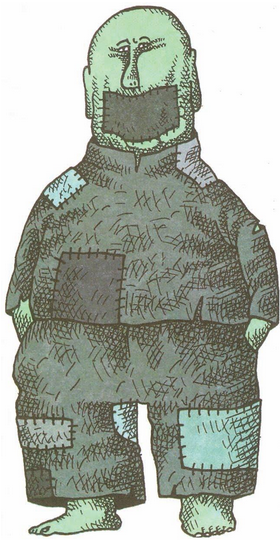
Voice of the poor
In actual life, democracies do not appear to be very successful in reducing economic inequalities. The poor constitute a large proportion of our voters and no party will like to lose their votes. Yet democratically elected governments do not appear to be as keen to address the question of poverty as you would expect them to. The situation is much worse in some other countries. In Bangladesh, more than half of its population lives in poverty. People in several poor countries are now dependent on the rich countries even for food supplies.
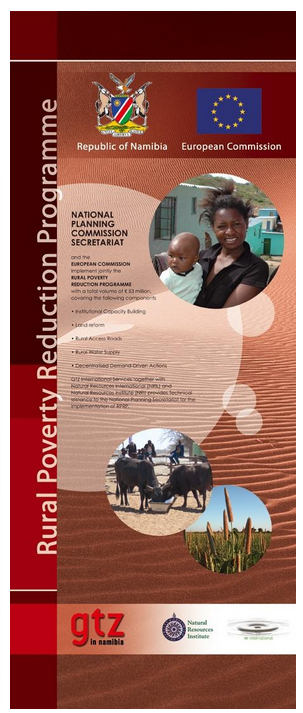
Poverty reduction programme
ACCOMMODATION OF SOCIAL DIVERSITY:
Democracies accommodate various social divisions. Democracies usually develope a procedure to conduct their competition. This reduces the possibility of tensions that normally a democracy faces from becoming explosive or violent. No society can fully and permanently resolve conflicts among different groups. But we can certainly learn to respect these differences and we can also evolve mechanisms to negotiate the differences. Ability to handle social differences and conflicts is a definite plus point of democratic regimes. Democracy must fulfill two conditions in order to achieve this outcome:
- It is necessary to understand that democracy is not simply rule by majority opinion. The majority always needs to work with the minority so that governments function to represent the general view.
- It is also necessary that rule by majority does not become rule by majority community in terms of religion or race or linguistic group, etc. Rule by majority means that in case of every decision or in case of every election, different persons and groups may and can form a majority.
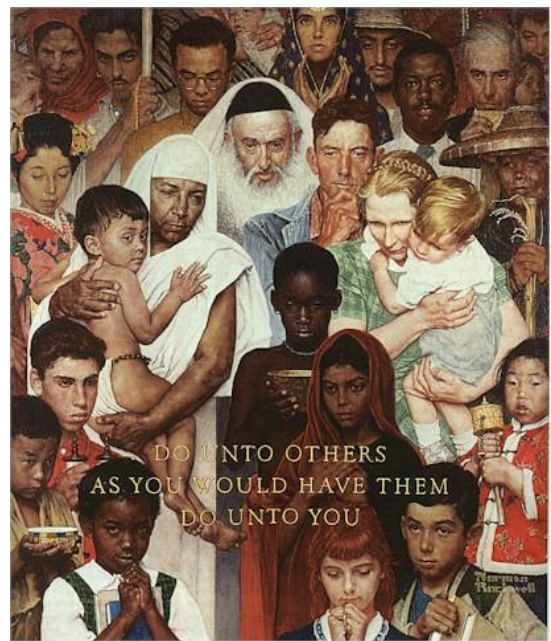
Social diversity
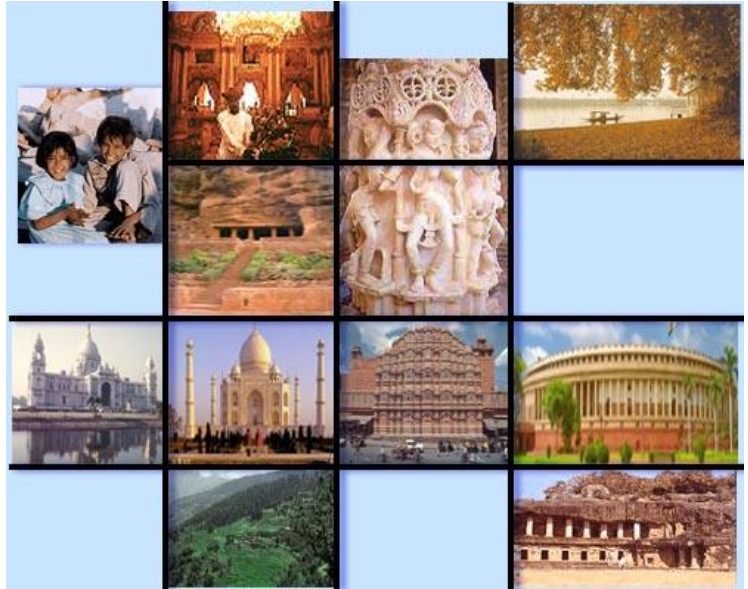
Cultural and social diversity
DIGNITY AND FREEDOM OF THE CITIZENS
Democracy stands much superior to any other form of government in promoting dignity and freedom of the individual. Every individual wants to receive respect from fellow beings. Often conflicts arise among individuals because some feel that they are not treated with due respect. The passion for respect and freedom are the basis of democracy. Democracies throughout the world have recognised this, at least in principle. This has been achieved in various degrees in various democracies.
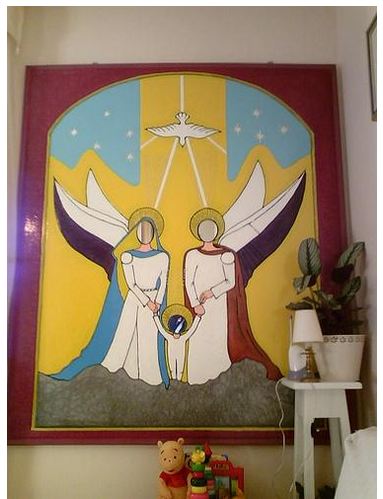
Dignity and freedom for all persons
EQUALITY OF WOMEN:
For societies which have been built for long on the basis of subordination and domination, it is not a simple matter to recognize that all individuals are equal. Take the case of dignity of women. Most societies across the world were historically male dominated societies. Long struggles by women have created some sensitivity today that respect to and equal treatment of women are necessary ingredients of a democratic society. That does not mean that women are actually always treated with respect. But once the principle is recognised, it becomes easier for women to wage a struggle against what is now unacceptable legally and morally. In a non-democratic set up, this unacceptability would not have legal basis because the principle of individual freedom and dignity would not have the legal and moral force there.
CASTE INEQUALITIES:
The same is true of caste inequalities. Democracy in India has strengthened the claims of the disadvantaged and discriminated castes for equal status and equal opportunity. There are instances still of caste-based inequalities and atrocities, but these lack the moral and legal foundations. Perhaps it is the recognition that makes ordinary citizens value their democratic rights.

